
AeroGenie — ваш интеллектуальный второй пилот.
В тренде
Categories
Pilot Federation President Says AI-171 Crash Report Omits Pilot Error
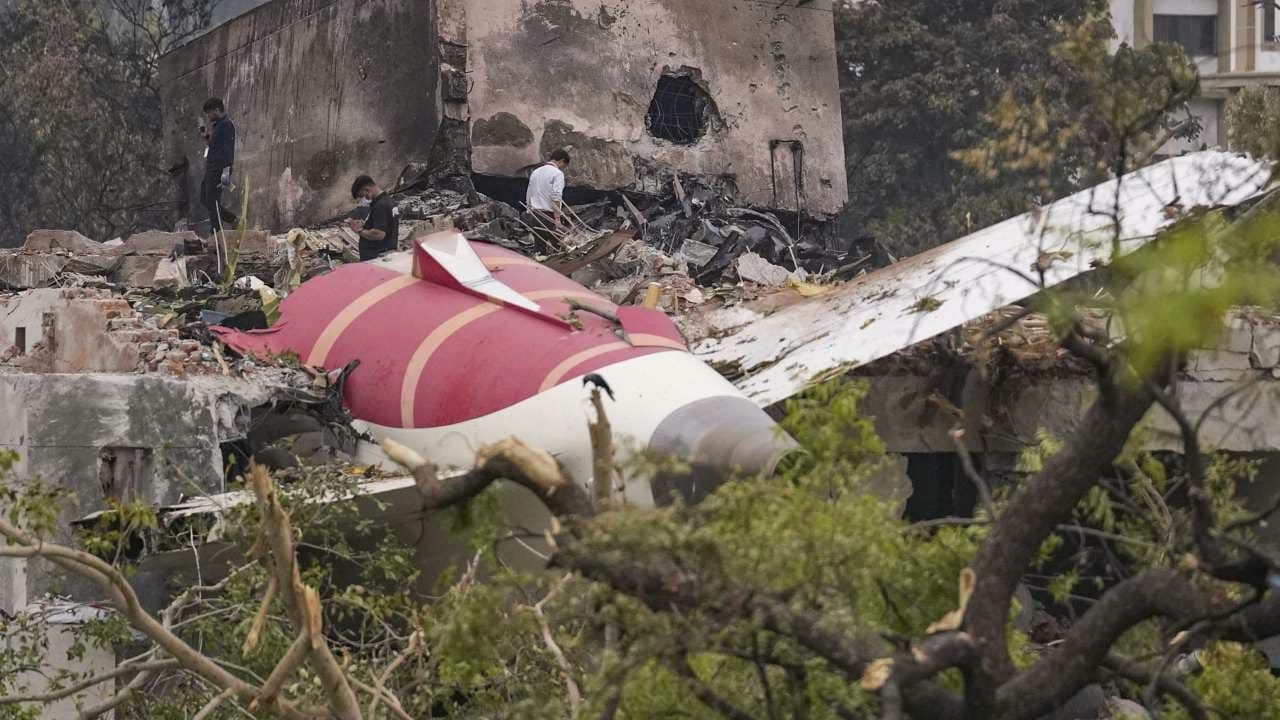
Pilot Federation President Challenges AI-171 Crash Report, Highlights Mechanical Failure Concerns
Disputing Pilot Error Allegations
In the wake of last month’s Air India AI-171 crash in Ahmedabad, Captain CS Randhawa, President of the Federation of Indian Pilots (FIP), has firmly rejected media claims attributing the accident to pilot error. Specifically, he condemned reports suggesting that the flight’s captain deliberately shut off fuel to the engines, describing such allegations as “baseless” and announcing intentions to pursue legal action against the responsible publication.
Captain Randhawa underscored that the preliminary report released by the Aircraft Accident Investigation Bureau (AAIB) does not implicate the pilots in causing the crash. He stressed that the report makes no mention of the fuel control switches being turned off due to pilot mistake. “Nowhere in the report has it been mentioned that the fuel control switch was turned off due to the pilot’s mistake. I condemn the article. They have not read the report properly, and we will take action against them through FIP,” he stated in an interview with ANI.
He further urged the media and public to avoid speculation regarding the AAIB’s findings, cautioning that premature conclusions could erode public confidence in air travel. “We had issued a press statement yesterday that no channel, commentator, or president of any agency should give such an opinion that has no basis. The detailed report will take time; till then, people are giving their own opinions without any basis, which is not right,” Captain Randhawa added.
Mechanical Failure and Investigation Concerns
Highlighting the absence of any official attribution of pilot error in both the AAIB report and statements from the Civil Aviation Minister, Captain Randhawa drew parallels to a 2019 incident involving ANA flight NH985, where both engines shut down during landing without pilot intervention on the fuel control switches. He suggested that the AI-171 crash may be linked to a recurring Throttle Control Malfunction Accommodation (TCMA) issue. “I am quite clear that this is a repetition of the TCMA malfunction, and this needs a thorough investigation. Boeing has not taken any action yet and has not even tried to issue a directive that all these aircraft should be checked for TCMA functions. Secondly, there is not a single pilot in the investigation committee,” he remarked.
The ongoing inquiry has intensified scrutiny of Boeing’s safety protocols, with market analysts noting potential repercussions for investor confidence. Competing airlines have responded by emphasizing their own safety measures and regulatory compliance, aiming to reassure passengers and distinguish themselves from operators of Boeing aircraft. Meanwhile, the Federal Aviation Administration (FAA) and Boeing have maintained that the fuel cutoff switch locks remain safe, even as Air India continues to face investigations into its adherence to safety directives and record-keeping standards.
As the investigation proceeds, industry stakeholders await the AAIB’s final report, which is expected to provide definitive insights into the crash’s root cause and address concerns related to both mechanical failure and operational procedures.
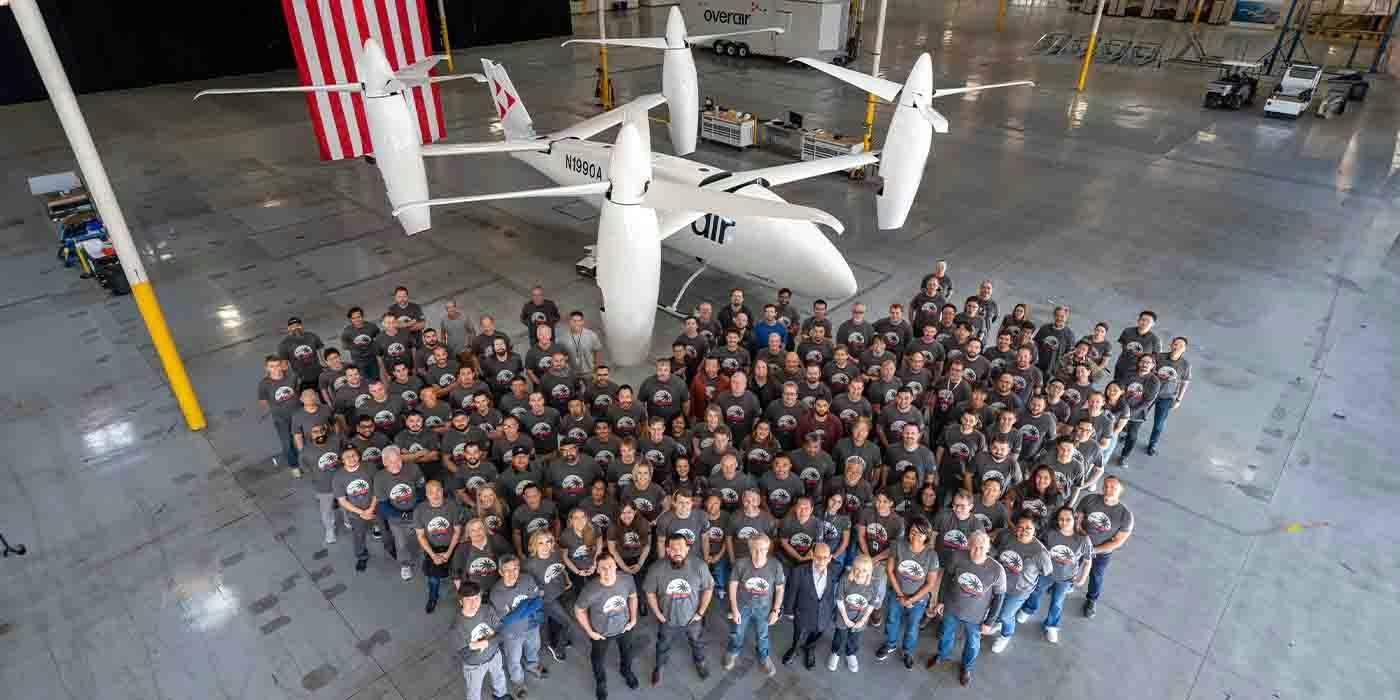
Unique mixed-propulsion eVTOL completes transition flight testing
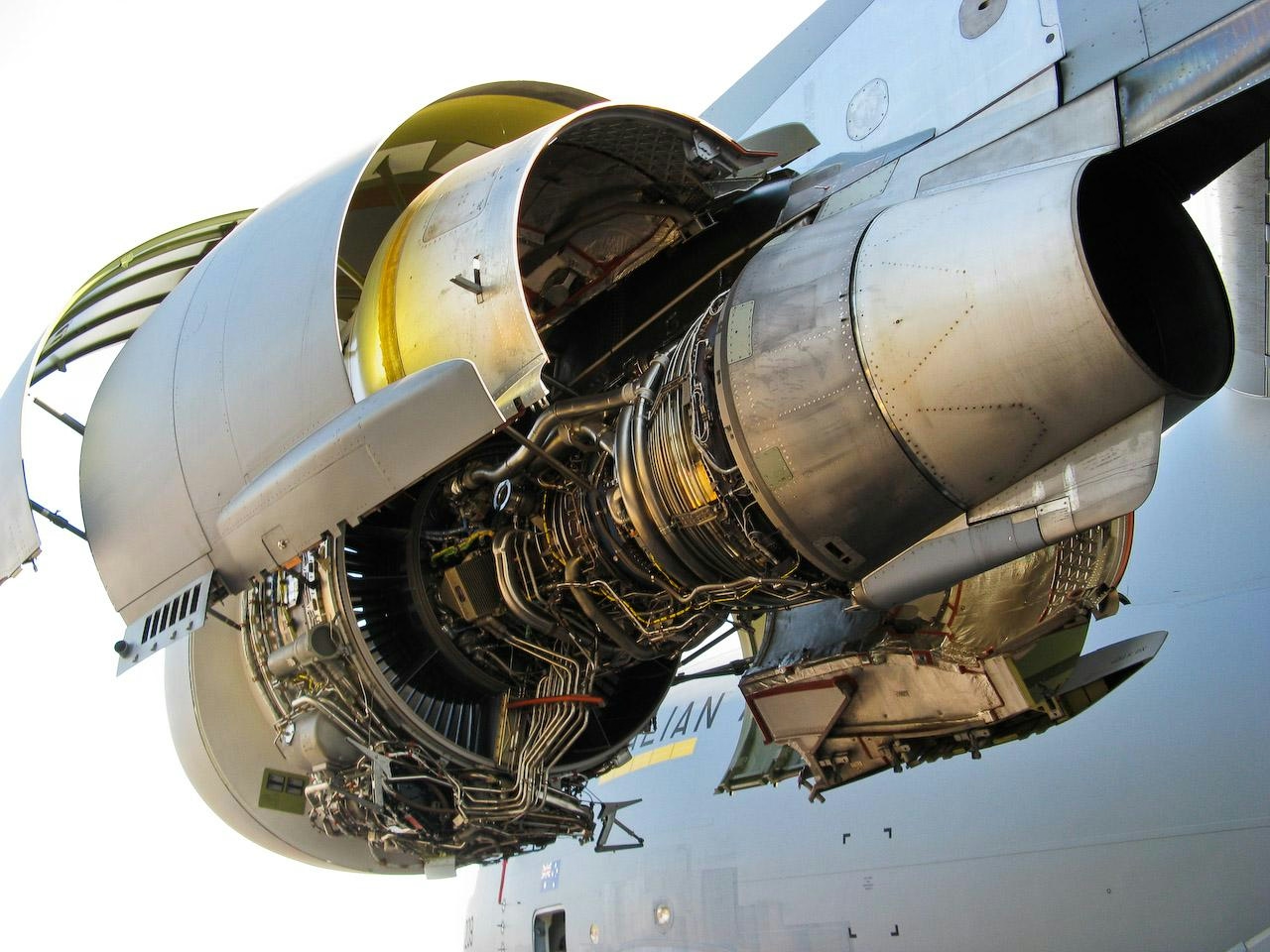
Are C-17 Globemaster Engines Derived from Boeing 757?
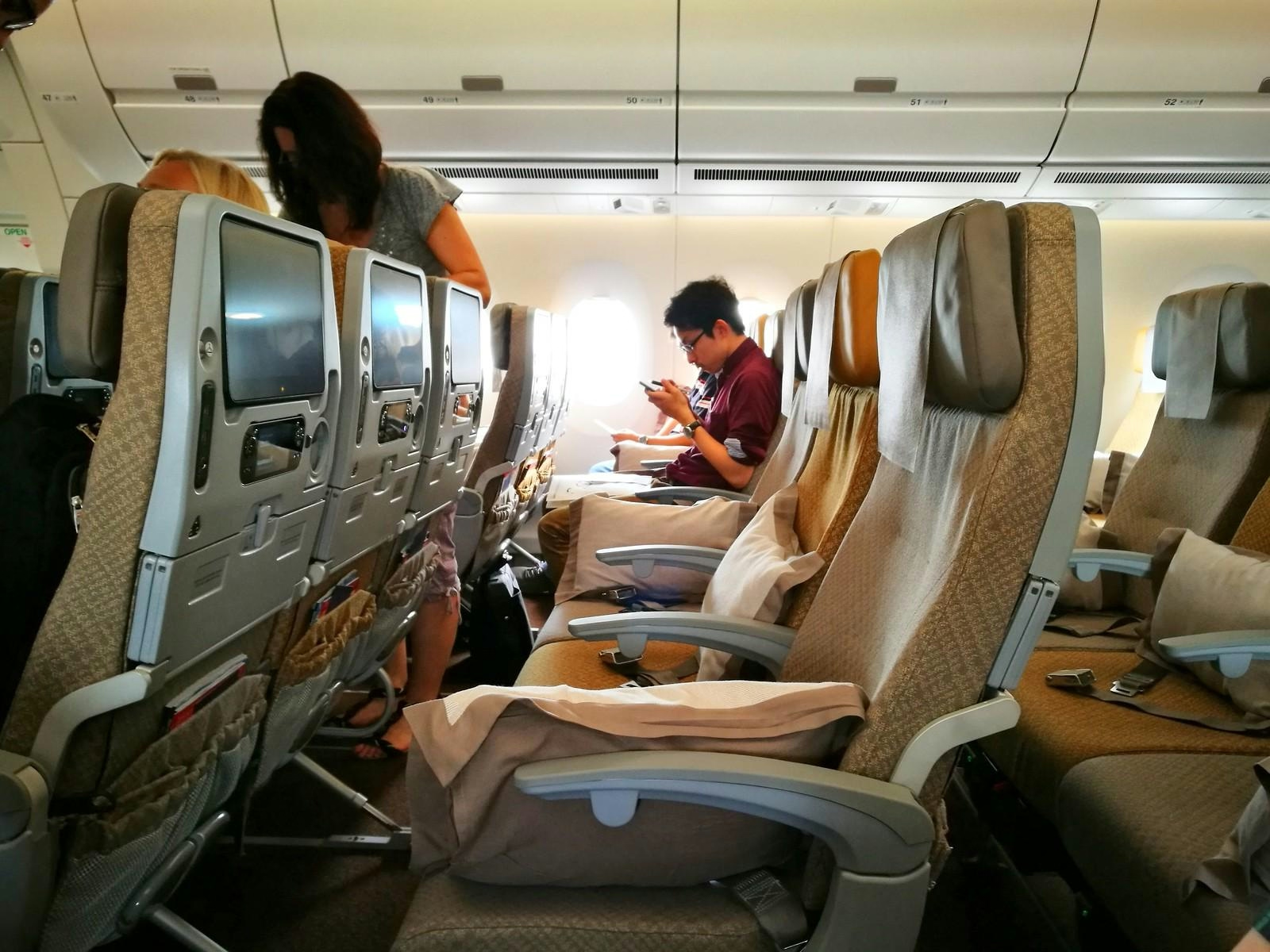
Why the Airbus A350’s Cabin Is Quieter Than Other Aircraft
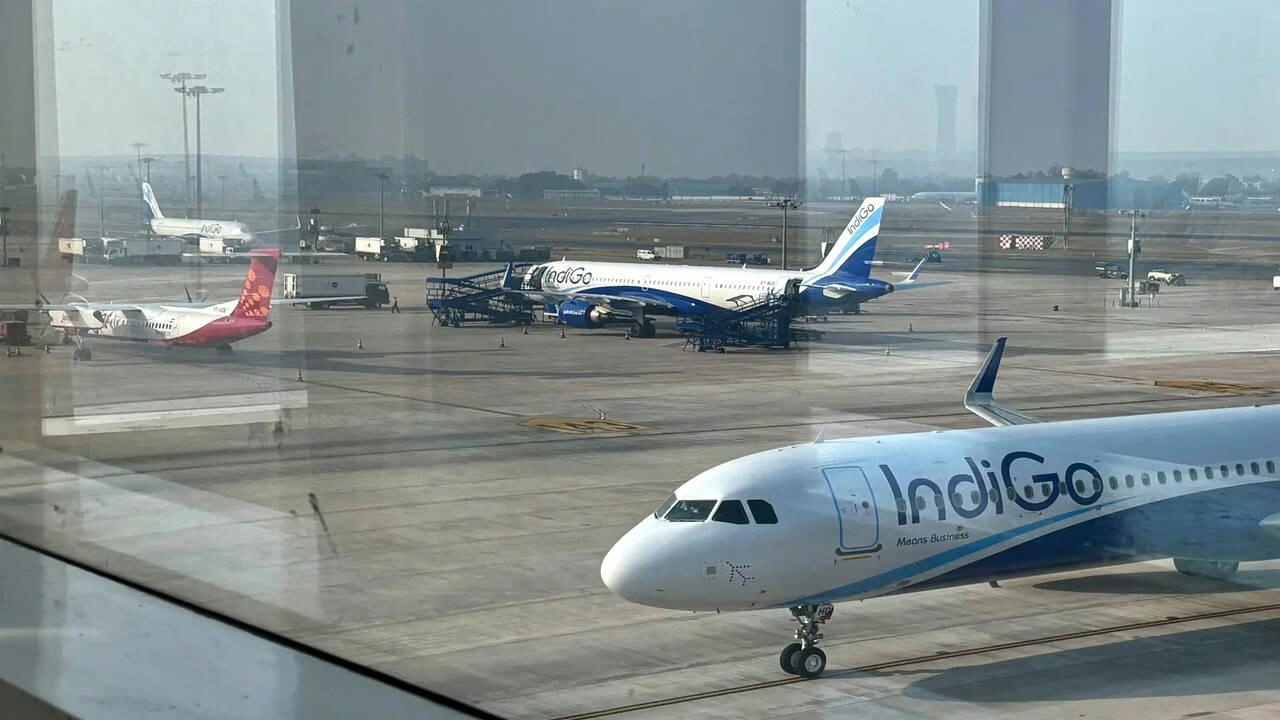
AI and AI Express Plan to Increase Capacity Amid IndiGo Flight Disruptions
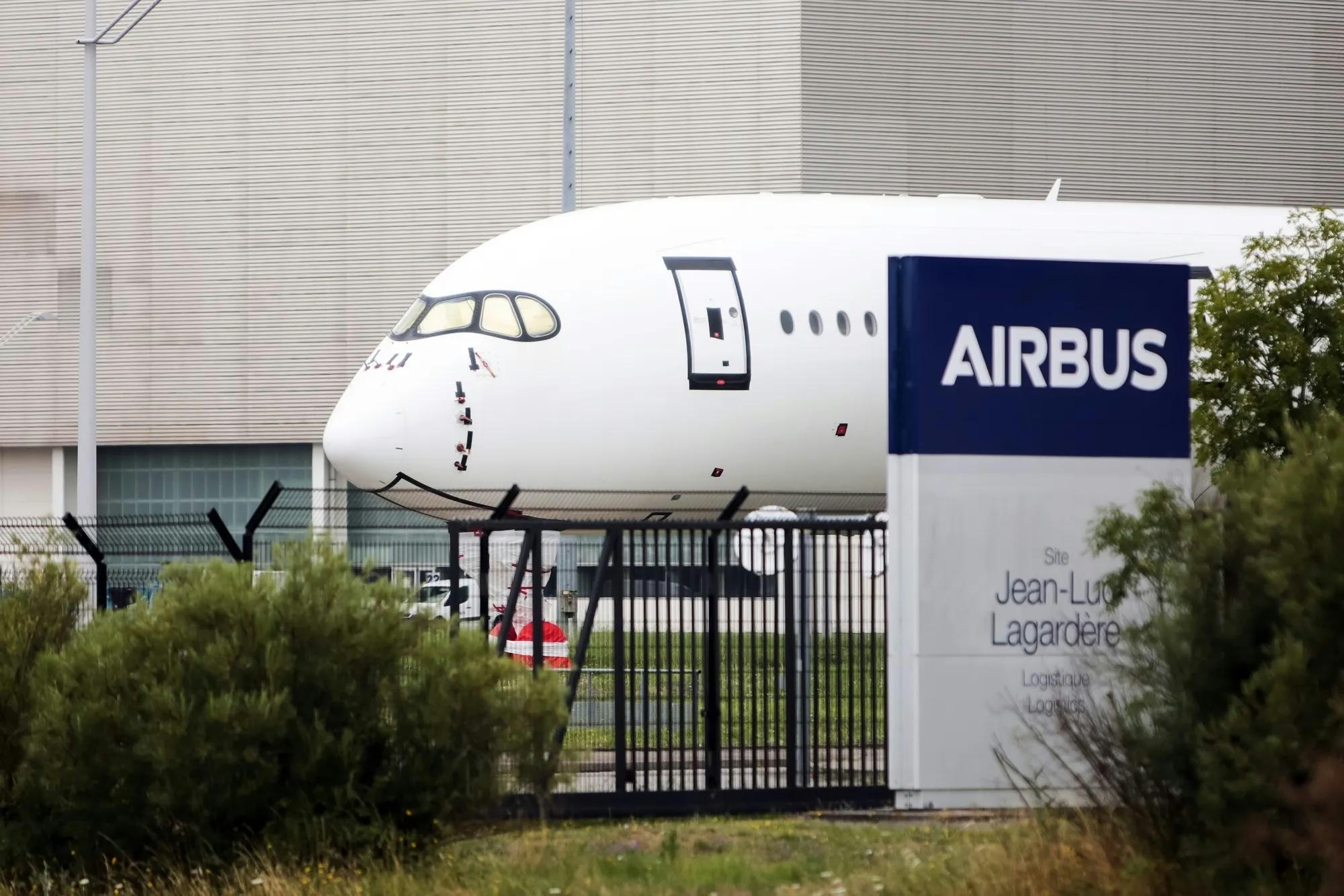
Kazakhstan and France Agree on Airbus Aircraft Deliveries
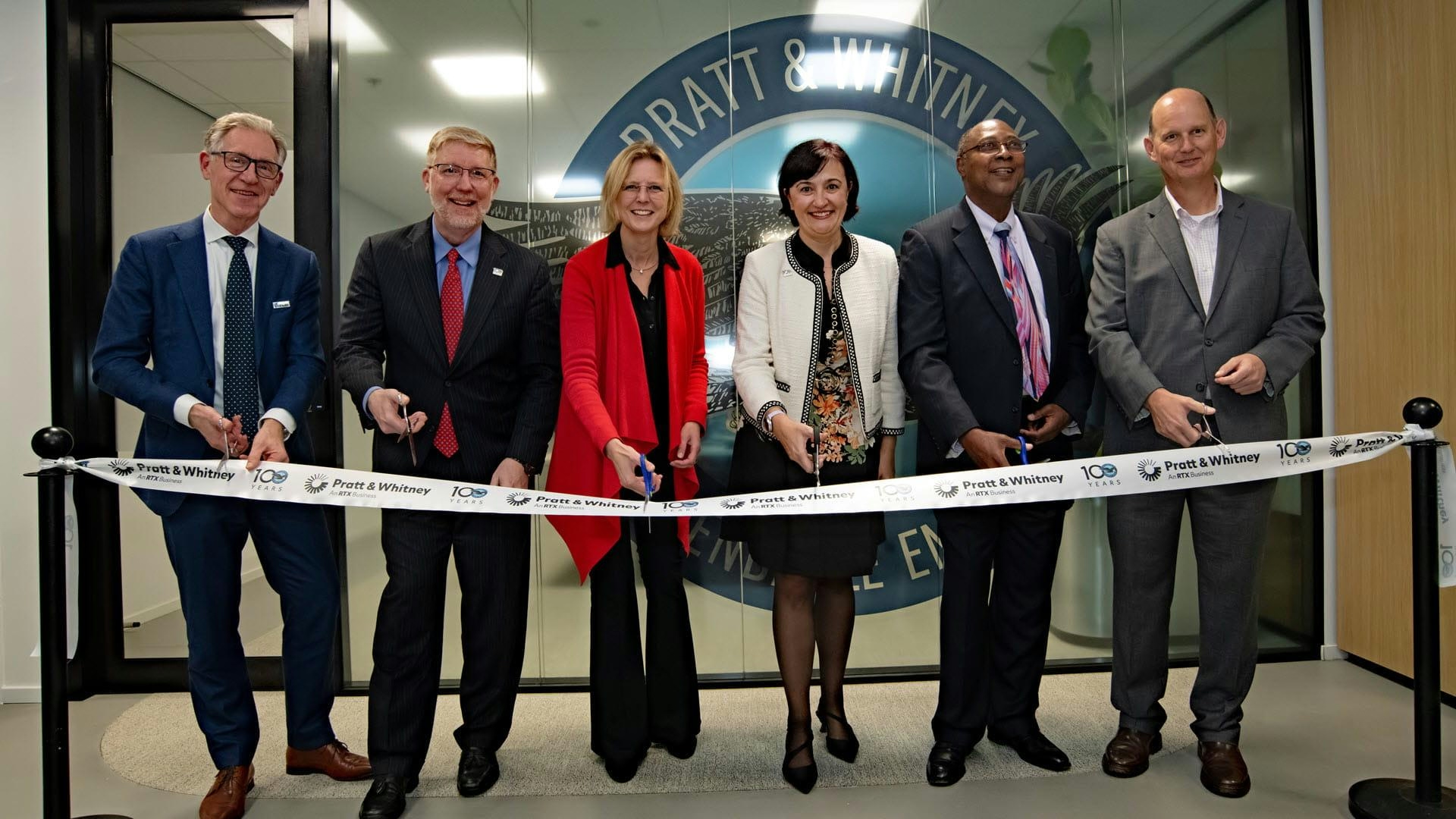
Europe’s Emerging Talent Drives Aviation Innovation
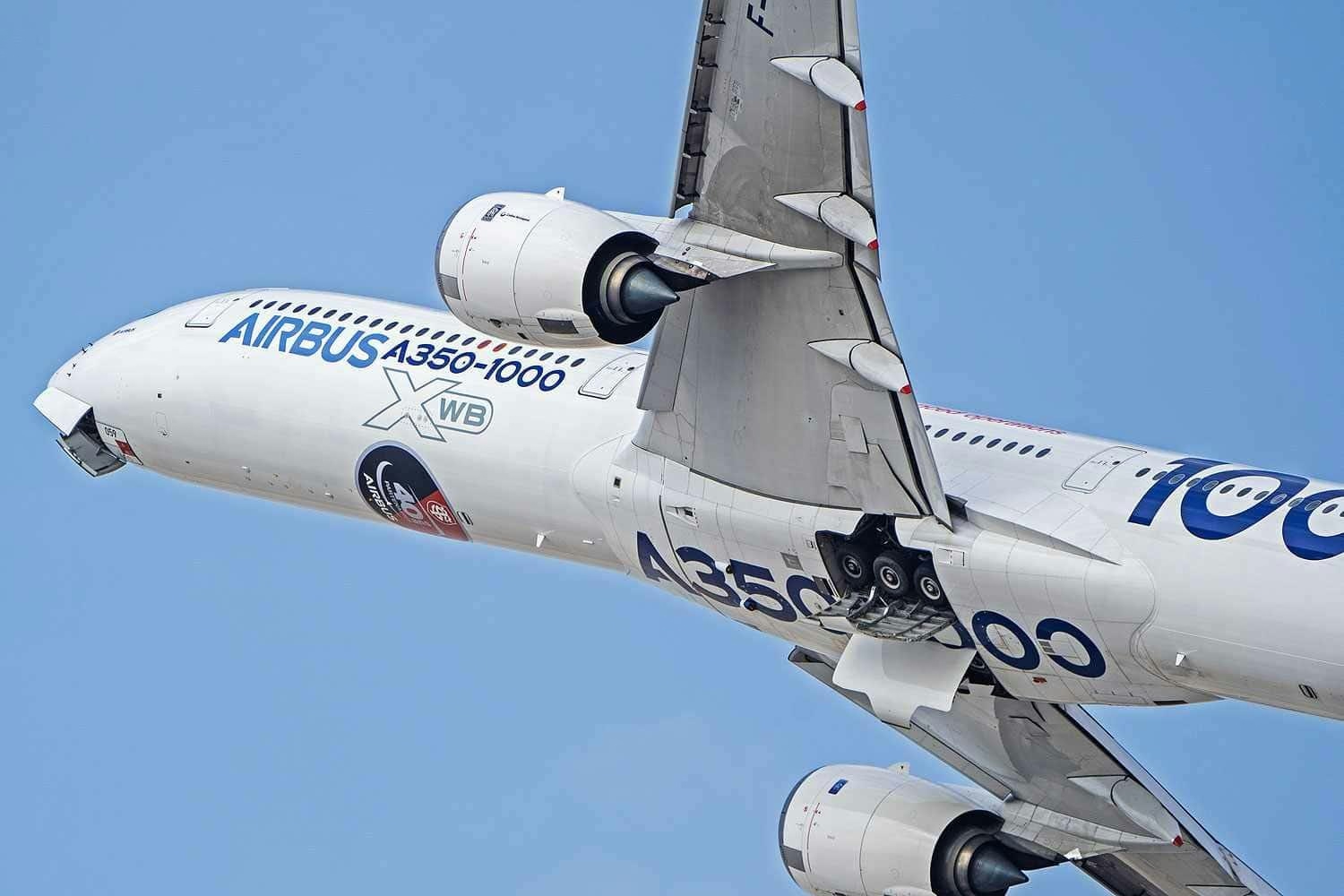
Airbus Receives New Order for A350-1000

The Leading Widebody Aircraft in Service Today
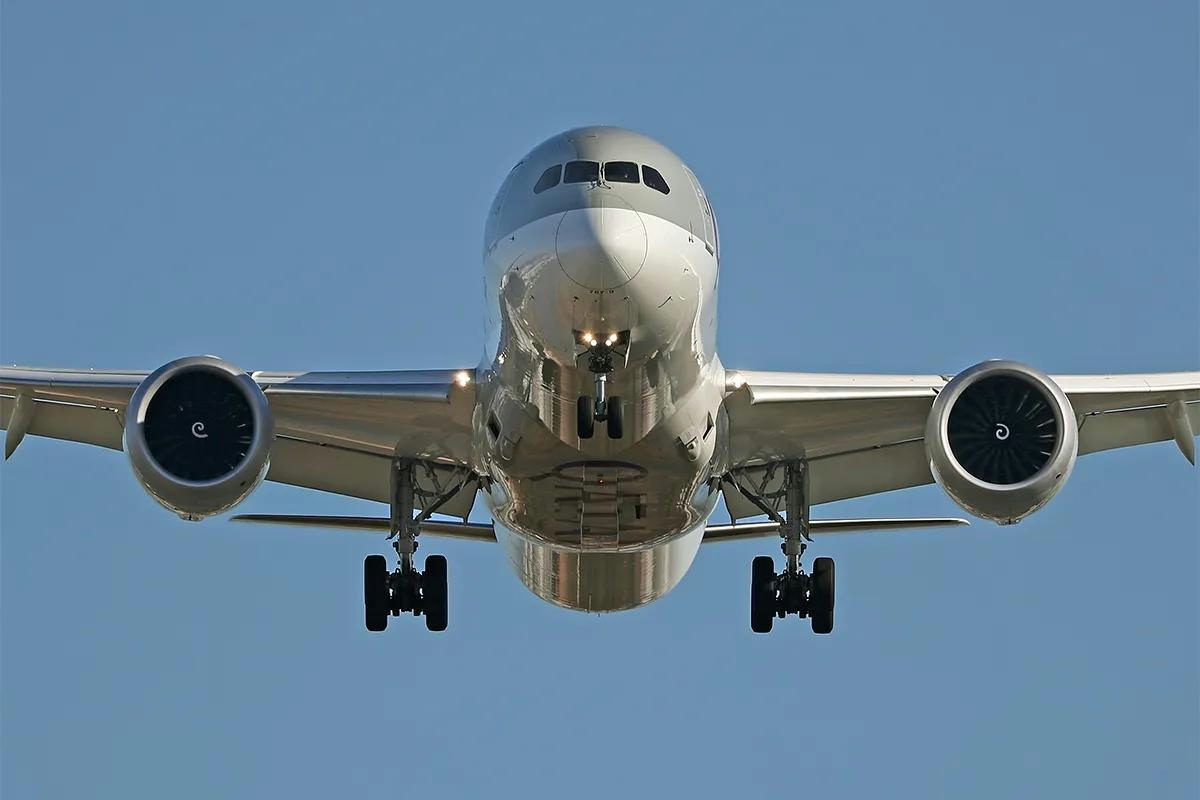
The Fastest Boeing Jet Currently in Service
